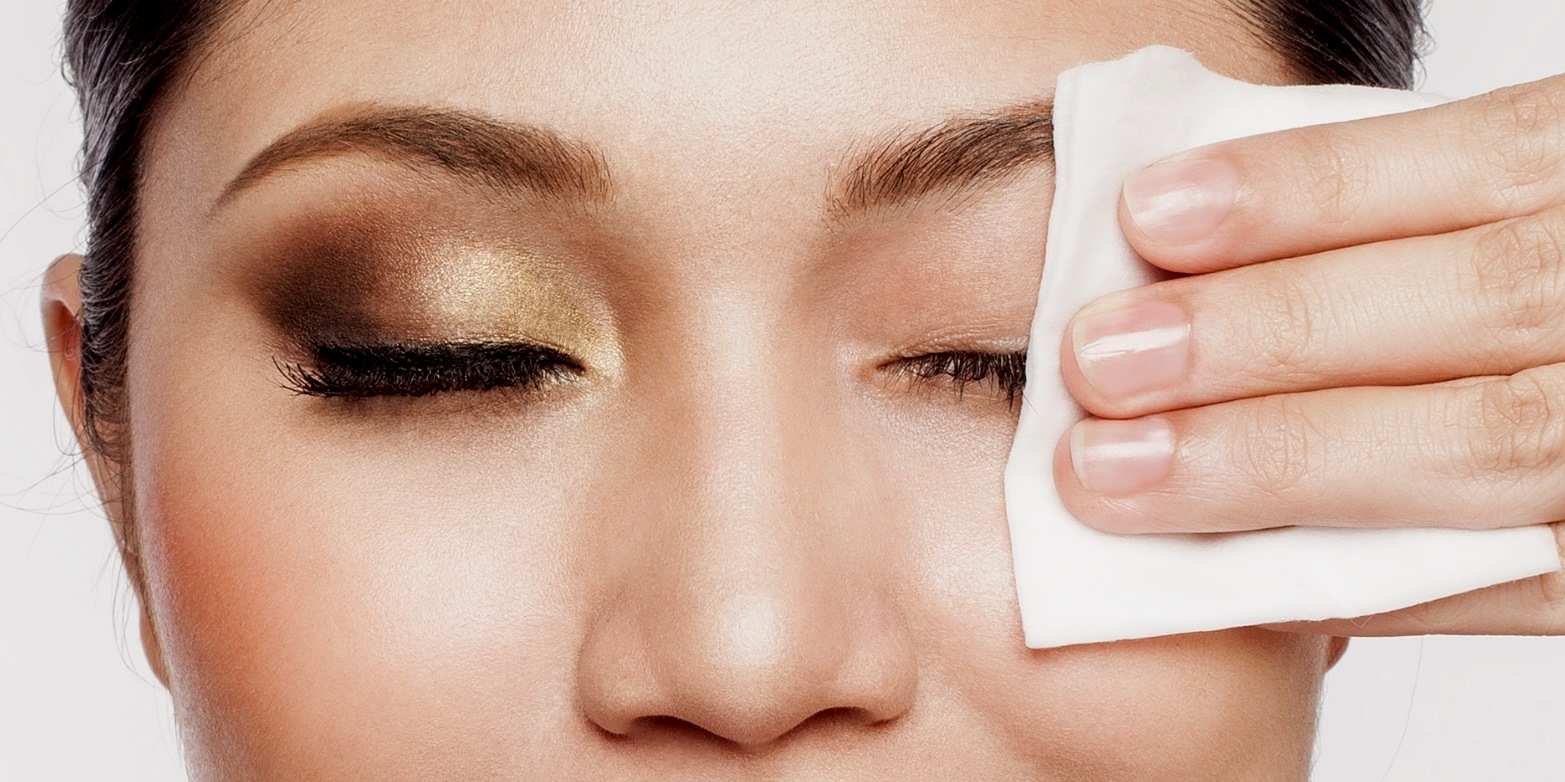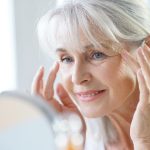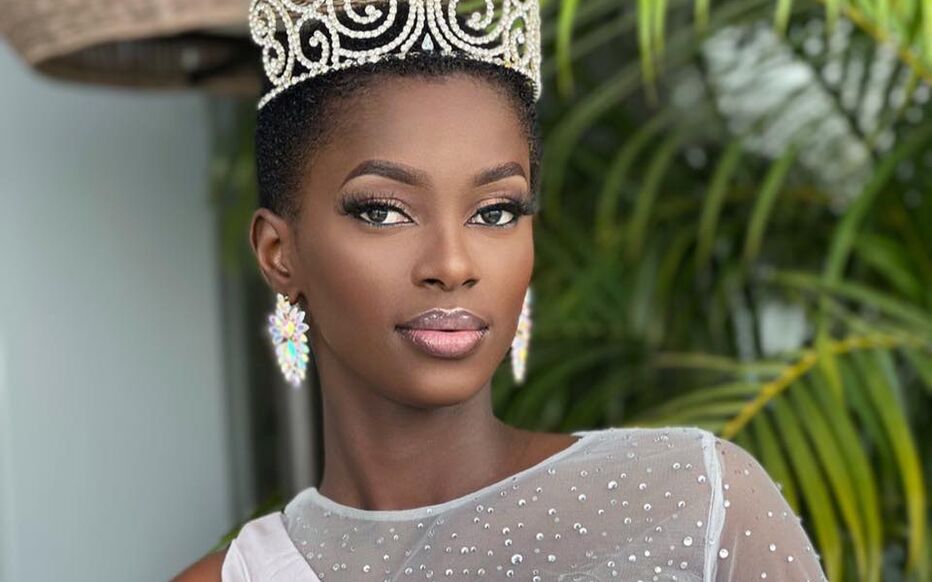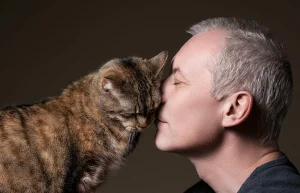Throughout history, makeup has been used to express oneself, to conform to standards of beauty or to achieve a certain aesthetic perfection. However, in recent years a trend has emerged that challenges these conventions: many people, especially women, have chosen to show their faces au naturel, without a drop of makeup. This trend has been driven by a number of factors, both social and psychological, that go beyond a simple aesthetic preference. In fact, the act of not wearing makeup can speak to something deeper, a rejection of social stereotypes and an affirmation of authenticity.
According to recent studies, one of the reasons why some people choose not to wear makeup is related to a feeling of satisfaction with their natural appearance. Unlike those who choose makeup as a way to enhance or correct certain features, those who choose to go without seem to convey a message of self-confidence. For some people, the natural face is not only a reflection of their identity, but also of a greater priority for their physical and emotional health.
What does it mean when a person doesn’t wear makeup?

The psychology behind wearing makeup and the decision not to can be quite complex. For many, makeup is a way to stand out, feel more attractive or simply conform to social expectations. However, for others, the desire to follow these conventions may be related to a feeling of insecurity or the need to meet an unattainable standard. In contrast, those who decide not to wear makeup often do so as a way of freeing themselves from these expectations and embracing their appearance as it is.
Psychologist Tara Wells, a professor at Columbia University, has analyzed how the decision not to wear makeup can be a conscious act of rebellion against society’s imposed stereotypes. In a world where the media, advertising and social networks constantly promote unrealistic beauty ideals, the decision to show one’s face as it is can become an act of defiance against these norms. By rejecting makeup, many people are sending a clear message that they do not want to be defined solely by their appearance.
In a way, the movement to stop wearing makeup is a way of rejecting the idea that a person’s value is directly linked to their physical image. This act of rebellion can also be a response to the constant pressure that many women feel to meet a certain standard of beauty. By not wearing makeup, these people are demonstrating that beauty does not have to be a social construct or an aesthetic obligation, but something that comes from personal acceptance.
Health and well-being

Another important aspect behind the decision not to wear makeup has to do with concern for skin health. Many people who choose not to wear makeup cite comfort and the importance of taking care of their skin as the main reasons for doing without cosmetic products. Makeup, although it offers a more polished appearance, can damage the skin in the long term due to the chemicals present in foundations, powders, concealers and other cosmetics. Clogged pores, allergic reactions or acne breakouts are just some of the side effects that can arise from the constant use of makeup.
By choosing not to wear makeup, some people prioritize their skin health and seek to minimize exposure to these products. Furthermore, by allowing the skin to breathe and recover naturally, they are promoting a healthier lifestyle free of the toxins that often accompany cosmetic products. For these people, beauty lies in having healthy, well-cared-for skin, which is achieved through natural habits such as a balanced diet, adequate hydration and a skin care routine free of harsh chemicals.
Confidence
The act of not wearing makeup can also be a reflection of greater acceptance and self-confidence. For those who choose not to cover their imperfections, makeup is not necessary to feel attractive or valuable. This choice may be based on a strong sense of self-confidence, as people who feel comfortable without makeup tend to be more confident in their appearance and less concerned with meeting external expectations.
In fact, the psychology behind this confidence lies in the acceptance of one’s own face, just as it is. By not wearing makeup, these people send a clear message that their value does not depend on how they look in comparison to others. This form of self-confidence can also have a positive impact on their emotional well-being, as they do not depend on external validation to feel good about themselves.

































